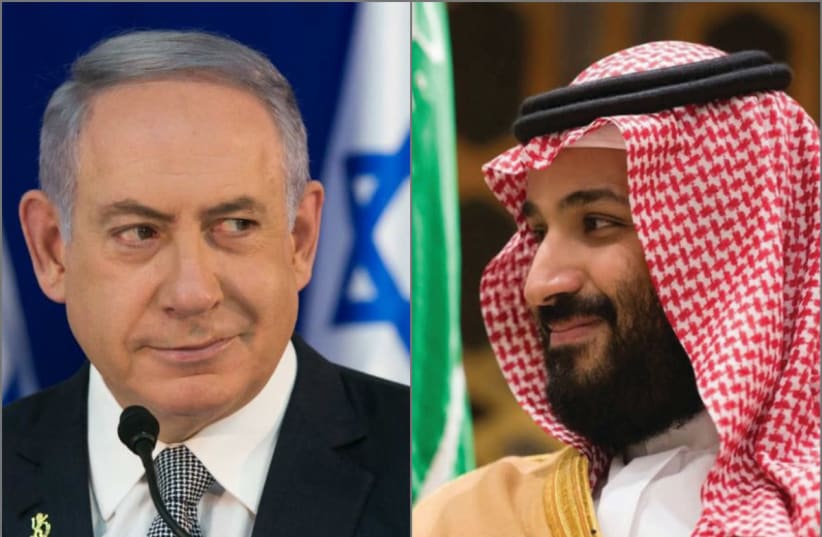U.S. rabbi speaks of growing relations between Israel and Gulf states
"Of course, there is nervousness. It is a process. Now the good news is that the journey has begun," U.S. Rabbi Marc Schneier said to CNN's Becky Anderson. "And that is a part of the process."
